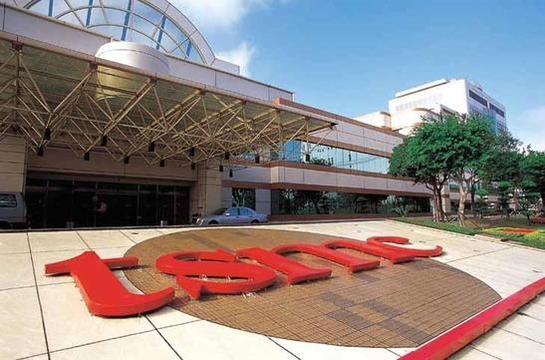Input 2021.01.25 11:04
‘Just before the exam’, automobile makers of various countries such as Volkswagen, Honda, Ford
Industry Experts “Difficult to increase production within a short period of time due to the nature of the old semiconductor”
Taiwanese government “TSMC, UMC will intensively support and increase supply”
As the automobile, electronics, and IT industries are groaning due to the global semiconductor supply shortage, major governments have stepped forward and requested an increase in supply to Taiwan, the world’s largest semiconductor consignment production (foundry) base. It is very unusual for foreign governments to appeal to certain countries to increase semiconductor production.
According to the Nippon Geizai newspaper on the 25th, a Taiwanese government official said, “Amid the global supply shortage of automotive semiconductors, countries are requesting Taiwan to increase the supply of semiconductors through diplomatic routes.” In particular, he explained that the governments of the United States, Japan and Germany, where the automobile industry is one of the core industries, have actively requested for cooperation.

As the supply of semiconductors for automobiles decreases, large automakers have been suffering from a shortage of parts that make automobile production impossible since last year. According to foreign media, Audi recently took 10,000 employees on a short-term leave as vehicle production was delayed due to a global semiconductor shortage.
Daimler, Volkswagen, Toyota, Nissan, Honda, Ford and FCA are also affected by semiconductor shortages. Volkswagen announced that it would cut production in China, North America, and Europe, and in Germany stopped production of the’golf’ model from December last year to mid-month. Toyota decided to cut production of its tundra pickups at its Texas plant in the US, and Nissan cut production of its flagship notebook, its flagship model, by 5,000 this month.
The problem is that it is not easy to significantly increase the production of semiconductors for automobiles in the short term. In the case of automotive semiconductors, unlike general-purpose memories such as DRAM and NAND flash, they are made in a format close to custom-made, and the verification and stability test period is much longer. In addition, major automotive semiconductor companies such as NXP, Renesas and Infineon rely mostly on TSMC in Taiwan for their consignment production.
Nihon Keizai said, “The Taiwanese government has already supported the increase of production to local semiconductor companies in Taiwan in response to such requests from governments. In particular, the situation is urgent for TSMC and UMC, the world’s first and fourth foundries. “We are emphasizing putting production as our top priority.”
TSMC’s head of public relations said in an interview with the Nippon Geizai Newspaper on the 24th, “It is our top priority to meet the demand for automotive semiconductors (which has the most supply in the world). We will continue to work closely with automotive companies. “We will support you to meet the demand.”
Meanwhile, according to the New York Times (NYT), it is known that last year’s foundry companies that consign semiconductors focused their main production lines on games, PCs, home appliances, and servers in preparation for Corona 19, which triggered the supply shortage. Some experts are also concerned about the possibility of relatively shortage of chips in other fields such as mobile and cloud infrastructure and price increase if the production portion is focused on automotive semiconductors, which are causing the most severe shortage.
